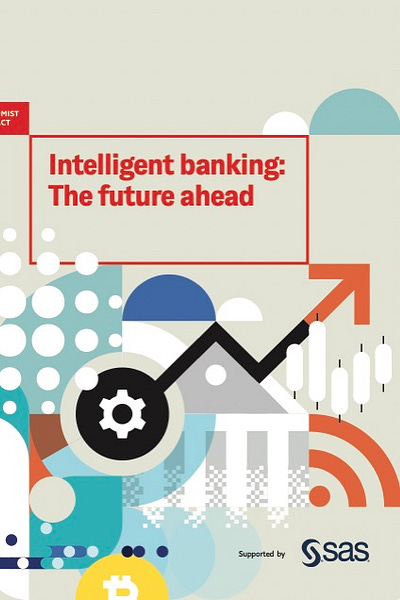Intelligent Banking: 61% Still Waiting On The Profits
Yet nearly a third of banks are seeing real gains, giving us a glimpse of the future!
This is my daily post. I write daily but send my newsletter to your email only on Sundays. Go HERE to see my past newsletters.
HAND-CURATED FOR YOU
Economist Impact surveyed 1,700 senior banking executives about “intelligent banking” and answered the critical question of whether AI is helping banks make any money/gains.
The quick answer: 61% are not seeing significant returns, but 31% are!
So of the 1700 execs surveyed here’s how it breaks down:
Just over half of executives (50%) report “limited gains,” and 11% see “no returns.”
That means 61% of banks adopting AI have yet to see any gain from it. Is that a surprise?
Not to me, but don’t be disheartened, the next group is far more interesting:
Nearly a third (31%) are actually seeing "significant returns” from AI.
Now this is where it gets exciting because this is a large enough group to make it statistically significant. It makes me wonder what the 61% who aren’t making gains are doing wrong.
These survey results also indicate an AI divide between AI-haves and AI-have-nots. This AI divide will define winners and losers as AI becomes the new normal in banking. Banks trapped on the wrong side of the divide won’t make it.
Note that the survey also failed to ask an important question: How long has your bank been working with AI? Knowing this would likely show that at least some of the 61% started working with AI only recently, so expecting them to profit is unrealistic.
Future competition
The other big reveal in this report is who banks see as their long-term competition. Interestingly, it isn’t other traditional banks but digital banks, big tech, and, wait for it, CBDC!
Bankers now have such low regard for the innovation programs at fellow incumbent banks that they no longer even perceive them as a threat! Their real nightmare over the next 5-10 years is a significant disruption from big tech and neobanks.
As to CBDC, the report explains that bankers still erroneously believe that CBDC users will get an account at the central bank that will reduce deposits.
I’ve got good news for bankers: CBDC users won’t get an account at the central bank and drain your reserves. That’s one less worry for bankers, but the fact that bankers don’t even know how CBDCs work speaks to their lack of awareness.
Bankers have significant risks to overcome, including neobanks, big tech, cybercrime, and figuring out how to make AI pay so that they don’t end up on the wrong side of the AI divide!
Not all banks will make this transition, and Darwinian forces will cull those that cannot survive in this new intelligent banking world.
Most bankers shouldn’t be sleeping well at night!
👉 What Bankers Think of The Future
🔹 Experimentation with generative AI (genAI) is rife, but returns are scarce.
Nearly all banks surveyed report genAI implementation in some form, but more than half are seeing limited returns, with some even reporting no returns.
🔹 AI increases the threat of fraud, but is also a tool for prevention.
AI-generated deepfakes and synthetic identities are banks’ biggest fraud challenges, but AI-powered detection is also considered the most effective countermeasure.
🔹 A strong governance framework can enhance data security and enable responsible adoption of technologies as they evolve.
These frameworks must clearly define data ownership and accountability in order to be effective.
🔹 Despite rising compliance costs, most banks see new regulations—especially on AI, blockchain and open banking—as enablers of innovation rather than obstacles.
🔹 Traditional banks are expected to pose the weakest competitive threat in the industry over the long term.
Myriad threats are chipping away at their dominance as digital-only banks, fintech firms and big-tech companies continue to gain market share.
🔹 Partnering with fintech and big-tech firms is a leading strategy for driving banking innovation, but poses data security risks.
🔹 Beyond partnerships, banks prioritise internal innovation over acquisitions.






